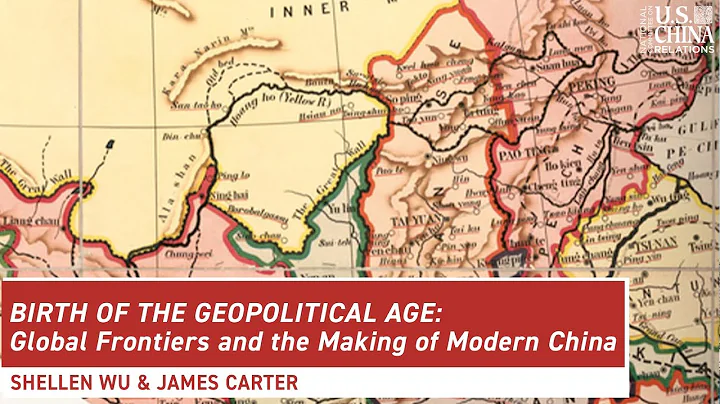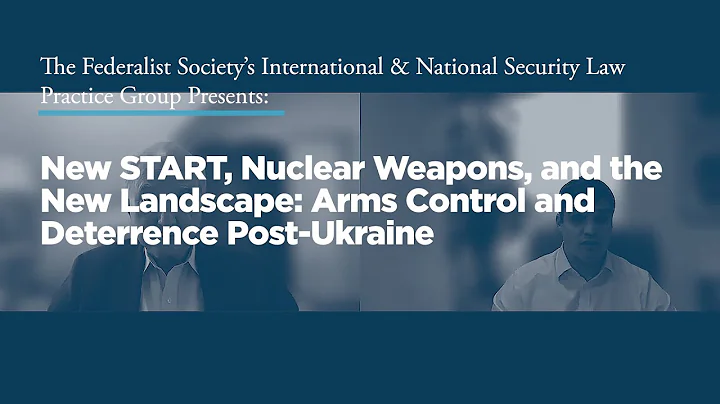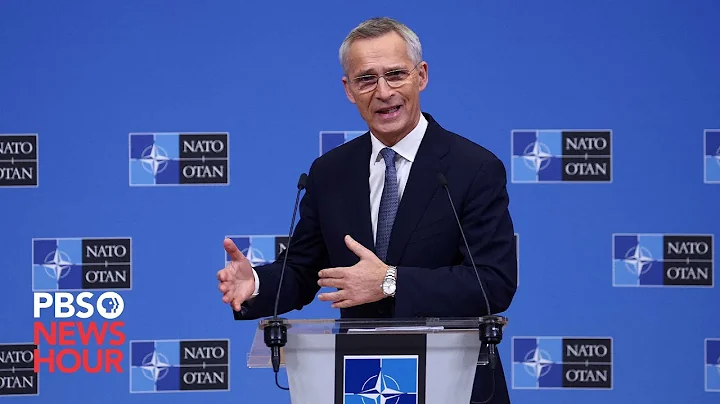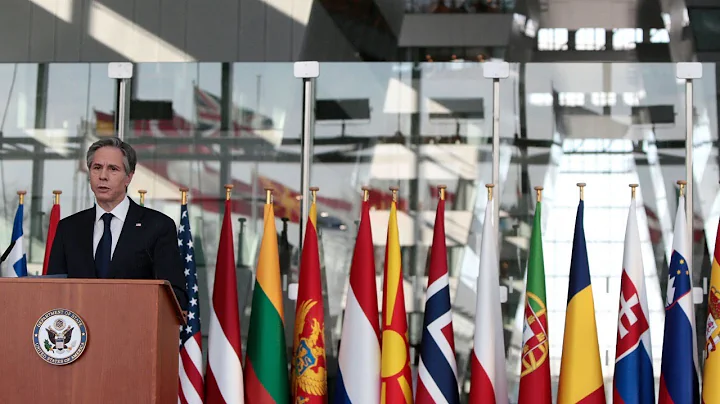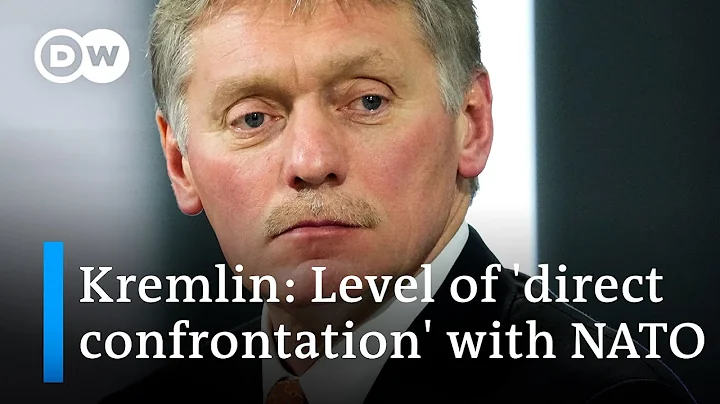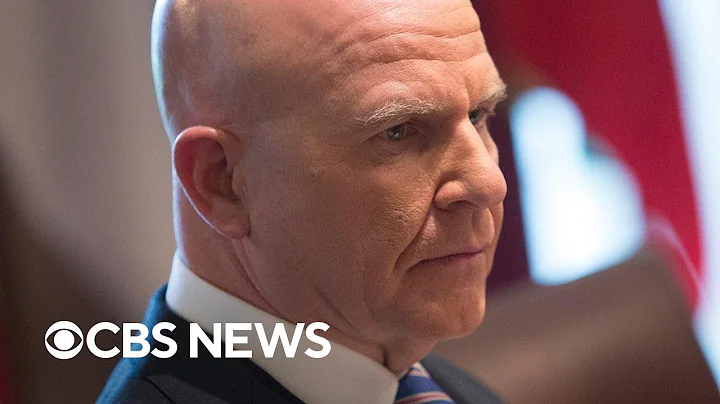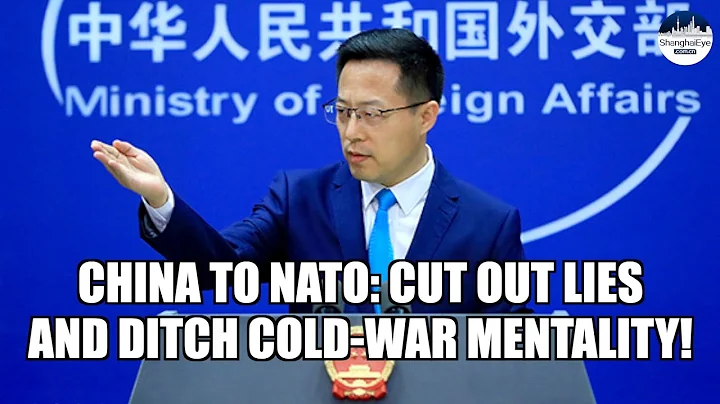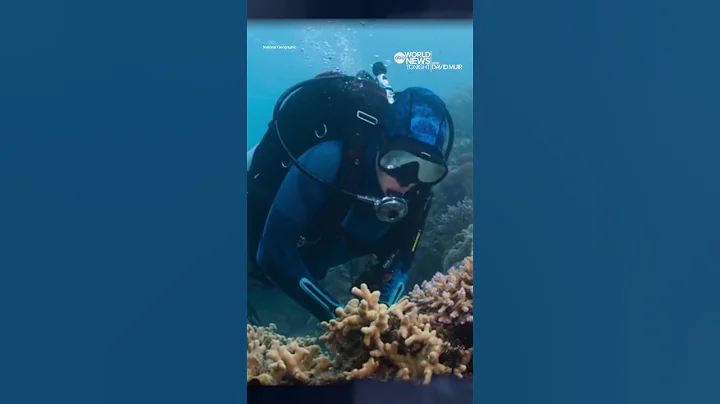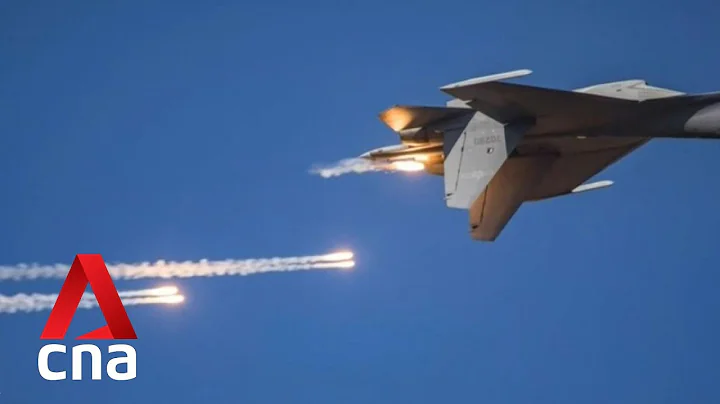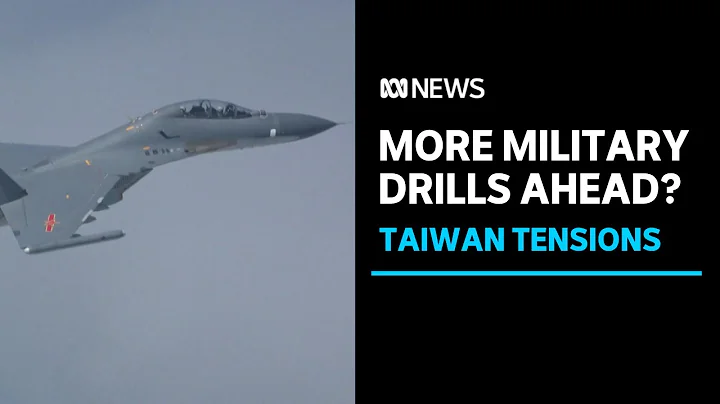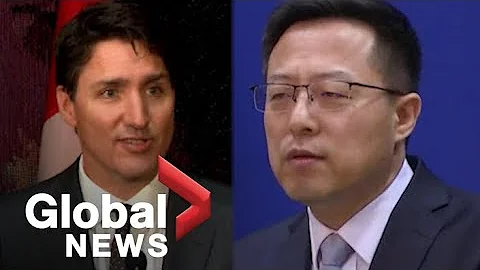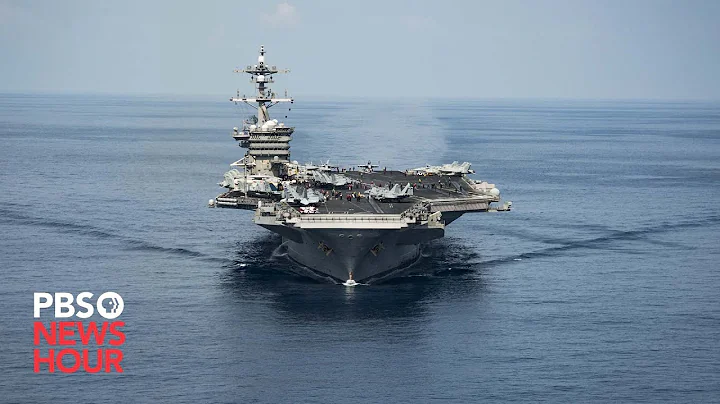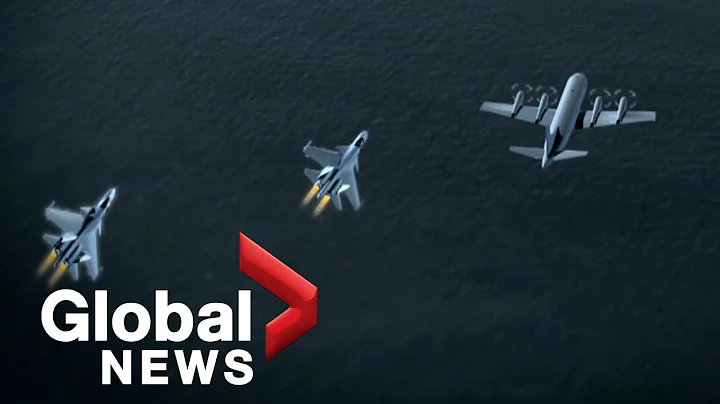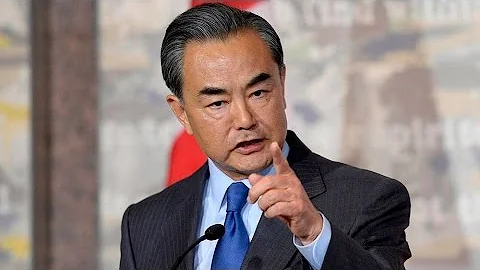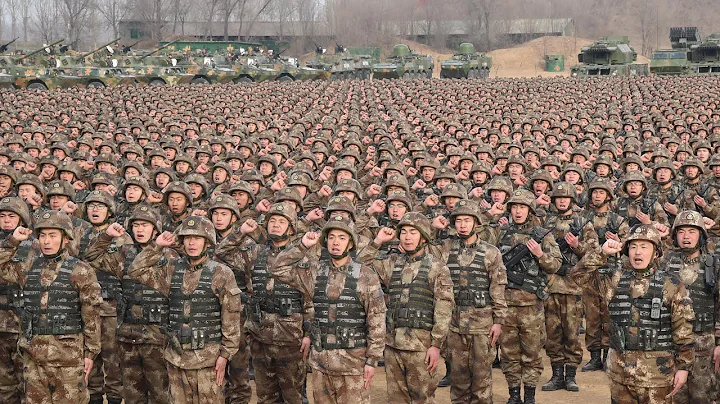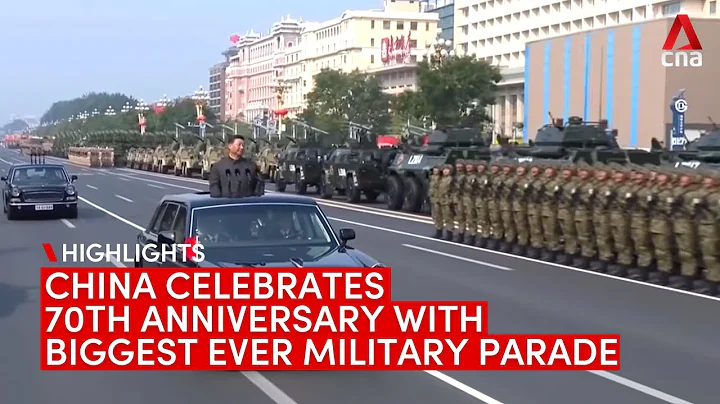" NATO 's so-called new strategic document is nothing but 'old wine in new bottles'. It has not essentially changed the Cold War mentality of creating 'imaginary enemies' and engaging in camp confrontation." For the first time, NATO's new strategy will list China as a focus, Chinese Foreign Ministry spokesperson Zhao Lijian responded at a press conference on June 28.
NATO's new strategic document will mention China for the first time
The Group of Seven (G7) summit has just ended, and the NATO summit will follow, and will be held in Madrid, the Spanish capital, from June 29th to 30th.
This summit involves three main topics: discussing how NATO can continue to support Ukraine ; reviewing the issues of Sweden and Finland joining NATO; and adopting a new strategic concept to guide NATO's development direction in the next 10 years. Since the end of the Cold War, NATO has updated its strategic concept every 10 years, and the fourth version of the strategic concept will be adopted at the Madrid Summit.

The outside world has noticed that in these two heavyweight meetings of the United States and other Western countries, the Russia-Ukraine conflict is one of the focuses of discussion, and the other focus is China.
Before the summit, NATO repeatedly hyped up China issues in advance. NATO Secretary General Stoltenberg and U.S. Ambassador to NATO Smith have repeatedly said that China will be mentioned for the first time in the new strategic concept. For example, it is said that NATO must recognize "the rise of China" and that the NATO summit will discuss the "security impact" brought by China.
During the G7 summit on the 27th, U.S. President’s National Security Advisor Sullivan claimed that NATO’s new document will “talk about the challenges posed by China in an unprecedented way.”
Zhao Chen, a researcher at the Institute of European Studies, Chinese Academy of Social Sciences, said he was not surprised. The communique issued by the NATO Brussels Summit last June described China's development as a "systemic challenge." Last year's summit was the first time that Biden attended a NATO summit as the president of the United States after he came to power and declared that "the transatlantic alliance is back."
Zhao Chen pointed out that the Biden administration regards China as the most important "strategic competitor" and also believes that Russia is a "serious threat." After the conflict between Russia and Ukraine escalated, the United States repeatedly “tied China and Russia” on diplomatic and security issues. Nowadays, NATO-Russia relations are at stake. "The United States hopes to make full use of the opportunity of the NATO summit to extend its positioning towards China and its new positioning on China-Russia relations to NATO and form a consensus within NATO."
Reporter Zhao Lijian on the 28th It was stated at the meeting that as a product of the Cold War and the world's largest military alliance, NATO has long adhered to outdated security concepts and has long been reduced to a tool for individual countries to maintain hegemony.
The Madrid Summit is about to open. On June 27, local time, U.S. officials told the media that President Biden will announce during the NATO summit an extension of the time for the US military to be stationed in Poland, , and changes to the current "rotation" in Baltic countries. The garrison strategy will also announce the provision of medium- and long-range missile defense systems to Ukraine that Zelenskiy has long desired.

Regarding the intentions behind this series of operations by the United States, military expert Li Li believes that its clearest intention is to prolong the conflict between Russia and Ukraine, increase complexity and uncertainty on the battlefield, and at the same time deeply involve relevant NATO member states. To participate in it, increase defense investment and strengthen cooperation between the United States and Europe. "The current conflict between Russia and Ukraine has given NATO new vitality, and the United States has seized on the Russophobic mentality of European countries to control Europe and dominate NATO." In Li Li's view, NATO is becoming a tool for the United States to strengthen geopolitical control. .
Leaders of the four Asia-Pacific countries attended the NATO summit
Public opinion noted that the leaders of the four Asia-Pacific countries, Japan, South Korea, New Zealand , and Australia, were invited to participate in the NATO summit for the first time.
Japanese Prime Minister Fumio Kishida has attended the G7 summit in Europe. According to Japanese media reports, when talking about diplomatic and security issues, Kishida mainly introduced the "severe security environment" in East Asia, claiming that "in the Indo-Pacific region, attempts to unilaterally change the status quo are also continuing and intensifying."The Mainichi Shimbun predicts that when Kishida attends the NATO summit, he may link the Russia-Ukraine conflict with "trouble in Taiwan" and call on NATO to increase its attention and participation in Indo-Pacific affairs.
This Madrid summit is also Yin Xiyue's first overseas trip since taking office and his first appearance on the multilateral diplomatic stage. Korean media reported that the key point of the meeting between leaders of South Korea, the United States and Japan is to strengthen the security of the three countries, contain China at the security and economic levels, and indirectly find breakthroughs to improve relations between South Korea and Japan. Although the South Korean President's Office has "disclaimed" that participating in the NATO summit is not "anti-China", some people believe that this meeting of the leaders of the three countries is likely to directly or indirectly make a unanimous statement against the "China threat."

As the two major countries in the Oceania region, New Zealand Prime Minister Ardern and Australian Prime Minister Albanese also focused on the Russia-Ukraine conflict and China's growing influence in the Pacific region in their statements before departure. .
Zhao Chen pointed out that it was actually the United States that asked the organizer to invite the leaders of the four Asia-Pacific countries to attend the NATO summit. “The United States hopes to bridge its European wing and East Asia wing allies.” The essence is still diplomacy. , the banner of defense, and pull the circle to implement the strategy of containing China.
As for the participation of the four Asia-Pacific countries, they may intend to win over the US and EU allies to contain China in the region and cater to the NATO platform's desire to enhance its global international status. Generally speaking, introducing NATO power into the Asia-Pacific region is not conducive to regional peace and stability.
There are differences within NATO on China-related content.
It is currently unknown how China-related issues will be expressed in NATO’s new strategic concept document.
According to reports from the British media and Al Jazeera website on the 27th, there are differences among NATO member states on how to describe their positioning towards China and the relationship between China and Russia. The so-called "strategic concept" document is still being finalized. The
report quoted anonymous diplomats from NATO countries as saying that the United States and Britain have been pushing for tougher rhetoric to reflect what they see as China's growing "military ambitions" and their concerns about the mainland's possible "attack" on Taiwan. the so-called concerns of the region. France and Germany both support more cautious statements regarding China.

In addition, sources said that NATO negotiators are still adjusting the wording to describe Sino-Russian relations. The Czech Republic and Hungary "strongly oppose" the use of the term "strategic convergence" to define it.
Zhao Chen analyzed that the statements of NATO member states on these two issues reflect their respective countries’ positions on China and national interests, and it is not surprising that they have triggered fierce debates. In his view, a compromise will eventually be formed within NATO, and the opinions of France and Germany will become the mainstream. He further analyzed that under this compromise, China may be described as a "systemic challenge". At the same time, the "strategic concept" document will include content on "willingness to cooperate with Beijing in areas of common interests."
Regardless, this also means that NATO is likely to compete with China to a certain degree in the next ten years. In addition, it may also create trouble by wooing NATO's " global partnership " such as Japan and South Korea, as well as the "independent partnerships" in the Asia-Pacific region. We should be highly vigilant about this.
To this end, Foreign Ministry spokesperson Zhao Lijian advised NATO, “What should be done is to abandon the Cold War mentality, zero-sum game , and the practice of creating enemies. After messing up Europe, try to mess up Asia and the whole world. ”
(Look at the news Knews reporter Li Yao)
